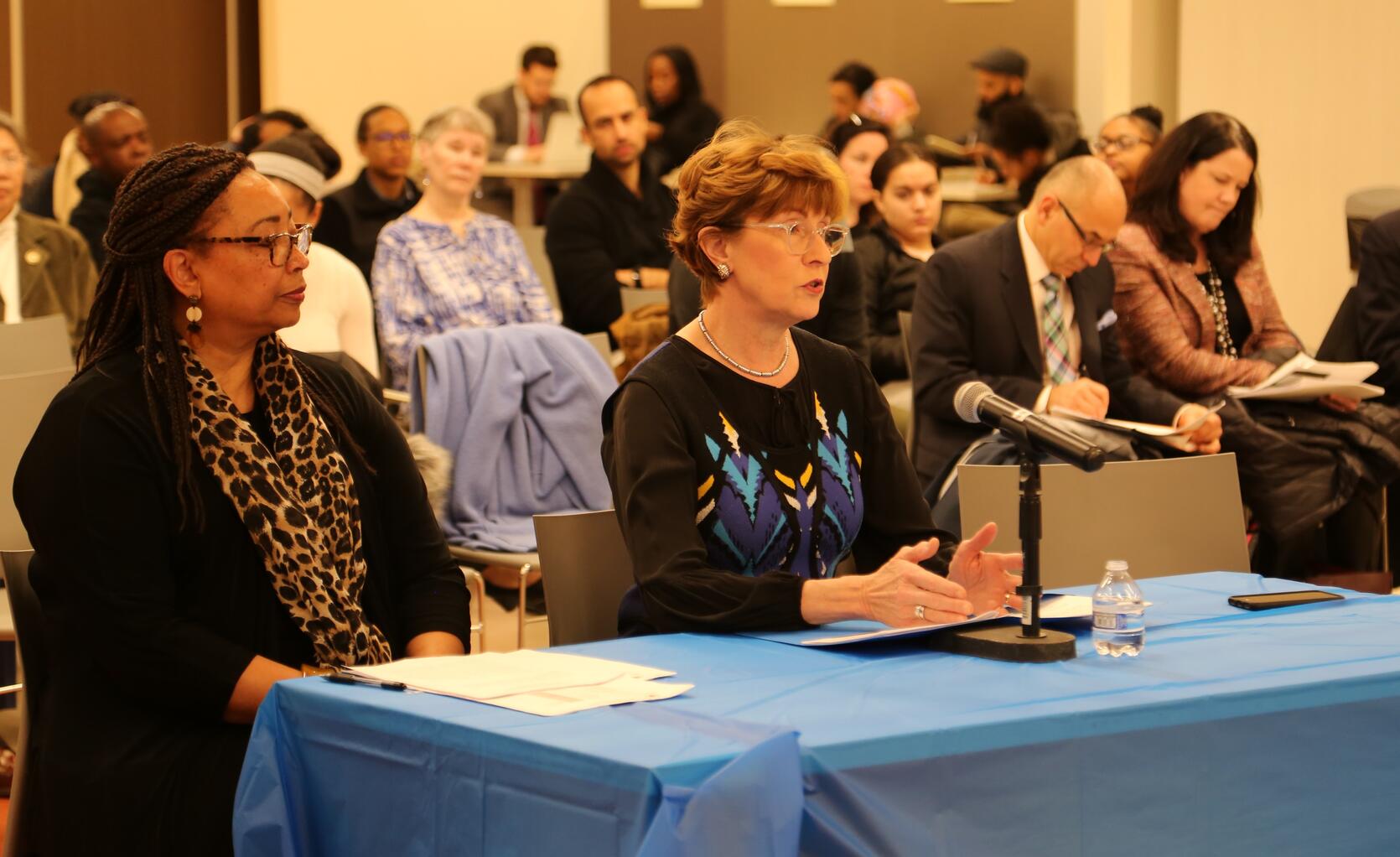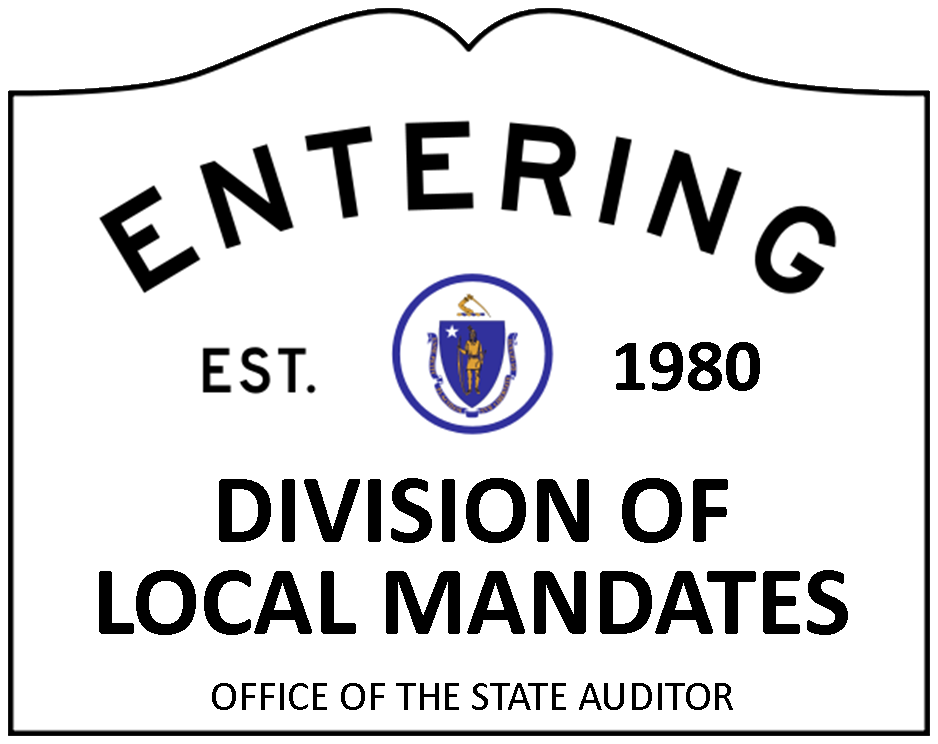- Office of the State Auditor
- Division of Local Mandates
- Bureau of Special Investigations
Media Contact
Noah Futterman

Boston — Good morning, Senator Collins, Rep. Malia, and members of the Committee. I am pleased to be able to join you today at Roxbury Community College in order to help inform your FY 2021 budget deliberations.
Since I last appeared before you the OSA has released:
- fifty audits, including ones with real human impact that found inadequate oversight and investigation of human services providers suspected of client abuse, inadequate screening for registered sex offenders living or working in close proximity to homeless women and children in emergency housing, and barriers to access to the Women, Infants and Children nutrition program;
- two major reports from the Division of Local Mandates, one on educational services for children in foster care and another on municipal training cost burdens shouldered by our cities and towns; and
- an end of year report detailing nearly $12 million in public assistance fraud.
Our audits also have heightened agency focus on cyberthreats that put at peril the vast amounts of personal data that our government collects from us in furtherance of their missions. We have advised these agencies, including the Department of Revenue and the Department of Transitional Assistance, to take proactive steps to ensure they effectively protect sensitive data and deny access to cyber-intruders. And we’ve also called on them to identify and address the vulnerabilities that exist within the systems of their vendors.
In the coming year, we will continue to hold agencies to high standards, challenging them to improve service delivery and reduce costs. Over the next twelve months, we will release audits and reports that:
- examine issues related to environmental water quality;
- continue to strengthen our state’s system for caring for vulnerable, abused, or neglected children; and
- identify opportunities for savings and efficiencies in MassHealth.
We take great pride in our contributions to making government work better and ask for your support to enable this work to continue. For FY21, we are seeking what is essentially a maintenance budget, one that sustains current staffing and training levels and supports rent increases in two of our four regional office. The bottom line we are seeking is an increase of $606,253 over this year’s appropriation of $20,071,371.
The past financial support from the legislature has allowed us to become a national leader in government accountability. I appreciate that support, and ask that it continue in the new fiscal year.
In addition to advocating for my own agency’s budget, I would like to make the case for funding in two other areas that have been the subject of work by our Division of Local Mandates.
First, is the issue of early voting. Today is the first day of early voting in the presidential primary election. This is an important step forward for the commonwealth, but contrary to law, municipal funding for the early voting now underway has not been provided, nor does the Governor’s budget support early voting in November’s general election. This is of significant import to both state and local governments.
I know that Secretary of State Bill Galvin addressed this issue in his testimony on the opening day of your public hearings, and I join his call for your recognition that elections cost money, and that our reputation for honest and fair elections is compromised when there is insufficient funding to cover their legitimate costs. Further, I ask that you also set into law a permanent mechanism for administering the mandated funding to cities and towns. It is embodied in legislation sponsored by Reps. Brad Jones and Steve Ultrino.
Last, I ask you to reject the House 2 recommendation to cut funding to the Municipal Police Training Committee. In the wake of your passage of the surcharge on rental vehicles, the MPTC is estimated to receive approximately $6 million annually. This will certainly help the MPTC expand its ability to meet the in-service training requirements of our municipal law enforcement officers, but given the inadequacy of MPTC facilities and course offerings that we documented in our report last fall, it should be regarded as a supplement to, not a substitute for the annual appropriations to support the programs.
Your committee has an unenviable task of crafting a budget that lives within its means while meeting the various demands placed upon state government. I thank you for your work. I know it is not easy.
Please know that through the budget-drafting process and beyond, I and my staff stand ready to provide any assistance we can to your efforts.
I thank you for your service to the residents and taxpayers of the Commonwealth, and I am happy to answer any questions you may have.
